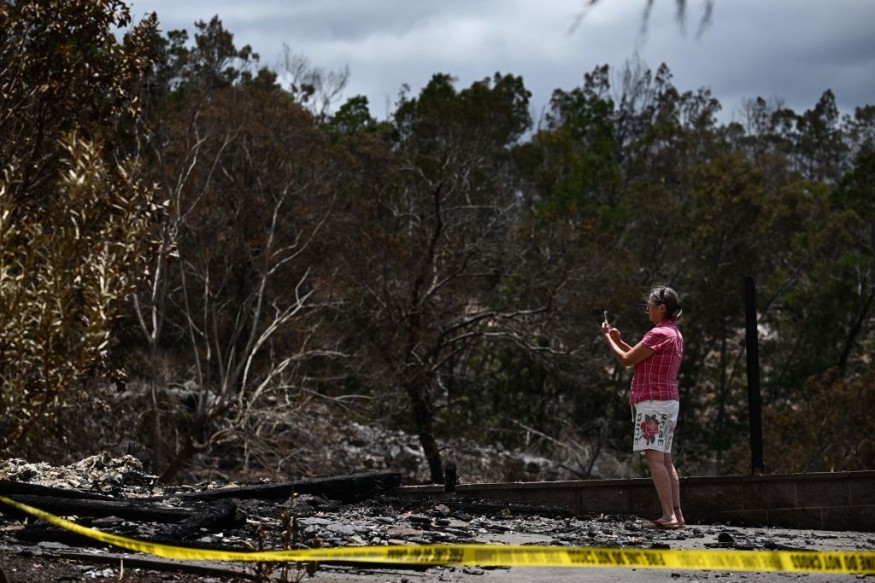
A climate expert said that humanity only has two years to save the world as he called on for speedy actions to address the adverse impacts of climate change in the world.
Country's Climate Responses
According to UN Climate Change Executive Secretary Simon Stiell, with the global index of living standards in constant flux, each country's climate responses will be key to whether they rise up the ladder or fall.
Stiell said that national climate plans - called Nationally Determined Contributions or NDCs - in aggregate will barely cut emissions at all by 2030.
''When I say we have two years to save the world, it begs the question - who exactly has two years to save the world? The answer is every person on this planet,'' Stiell said at the Chatham House in London, England.
Stiell explained that bold new national climate plans would be a ''jobs jackpot and economic springboard to boost countries up that global ladder of living standards.''
He pointed out that amid the face of crop-destroying droughts, much bolder climate action to curb emissions and help farmers adapt will increase food security, and lessen hunger.
Stiell further said that cutting fossil fuel pollution would mean better health and huge savings for governments and households alike. He added that the transformative potential of bold climate action - in tandem with steps to advance gender equality - is one of the fastest ways to move away from business as usual.
Read Also : Scientists Hold Climate Change Protests Worldwide: Violence and Arrests Reported in Some Cities
More Financial Aid
Meanwhile, the UN official also called for more financial aid, not just loans, and more money from different groups like banks, the International Maritime Organization, and the G20, or the world's 20 most powerful economies.
Stiell said that those countries are responsible for 80% of the world's heat-trapping emissions.
''So too, the world needs the G20 to rise to this moment. We are all aware of geopolitical challenges. I do not downplay them. But they cannot be an excuse for timidity, amidst this worsening crisis,'' he said.
He said that G7 governments are the key shareholders in the World Bank and IMF wherein they provide both capital and direction. These institutions can do much more to use all the tools at their disposal to deliver large-scale impacts on the ground.
Stiell said that the next generation of national climate plans should be investment plans for sustainable and strong economies.
He reasoned out that it is difficult for any government to invest in renewables or climate resilience ''when the treasury coffers are bare, debt servicing costs have overtaken health spending, new borrowing is impossible, and the wolves of poverty are at the door.''
Stiell explained that the World Bank's work on Climate Resilient Debt Clauses - which allow countries facing supercharged storms to focus on recovery - are another welcome step in the right direction.
He said that eligibility should now be expanded beyond small and island states to more countries and more climate impacts.
Related Article : Global Warming vs Climate Change: What Scares You More?
© 2025 NatureWorldNews.com All rights reserved. Do not reproduce without permission.





